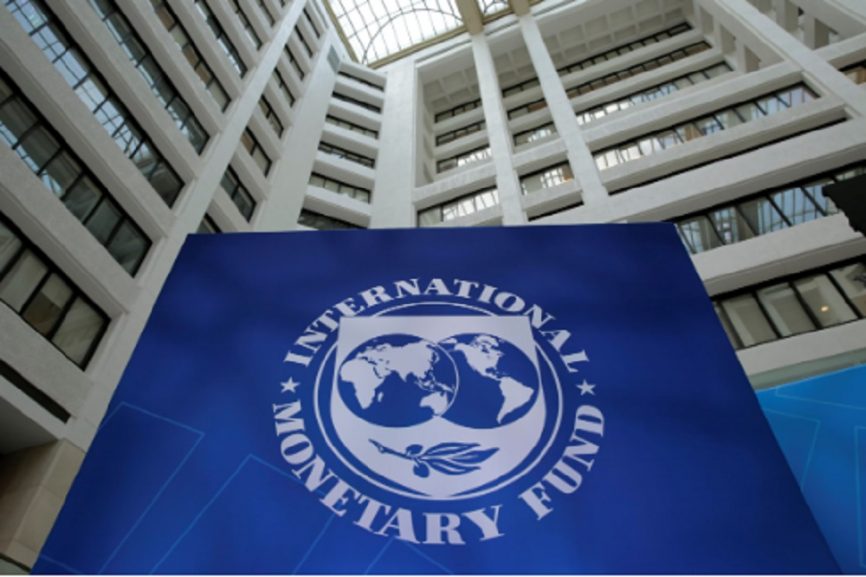
The International Monetary Fund (IMF) has postponed a crucial vote on a debt waiver for Senegal, a decision that delays the West African nation’s access to new financing under a suspended loan program.
The vote, initially expected on Friday, has been deferred as technical criteria required for approval remain unresolved, sources familiar with the matter confirmed.
The waiver, designed to address previously unreported debts estimated at over $11 billion, is central to unlocking $1.8 billion in IMF funding that has been on hold for several months. Officials in Dakar, eager to secure additional liquidity, will now have to wait several more weeks for formal approval.
While discussions are progressing positively, the absence of a fixed timetable for the Executive Board’s next meeting has created uncertainty among investors and bilateral partners.
Two sources close to the negotiations indicated that, despite the delay, the waiver is expected to be validated by the end of the year.
An IMF spokesperson declined to comment, and the Senegalese Ministry of Finance remained silent on the postponement. Markets are watching closely, as fiscal stability remains a key priority for the new authorities and their international partners.
The current impasse is rooted in the discovery earlier this year of undisclosed debts, which triggered the suspension of Senegal’s loan program.
In response, the newly elected government entered technical discussions with IMF staff to clarify the extent of these liabilities and restore the credibility of public financial reporting.
On October 2, the IMF announced plans to prepare discussions on a future support program for Senegal, aiming to present an updated cooperation framework.
Approval of the waiver is critical not only for resuming IMF assistance but also for maintaining confidence among foreign investors, many of whom have linked financing to the IMF’s official stance.
Until the waiver is granted, Senegal must continue managing its budgetary constraints without direct access to IMF resources, navigating the delicate balance between fiscal responsibility and the urgent need for liquidity.
The coming weeks will be crucial in determining the pace at which the country can restore financial support and regain investor confidence.



